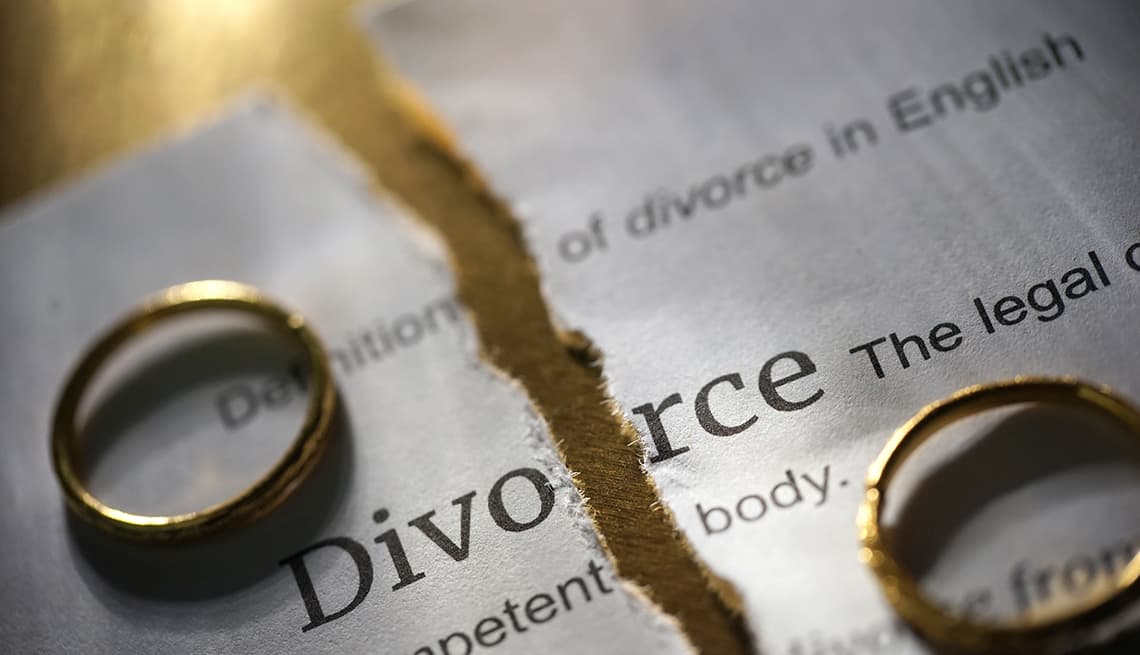In Morocco, divorce falls under the Family Code (Law No. 70-03, enacted in 2004). The dissolution of marriage is no longer a simple unilateral decision by the husband; it must be pronounced by a family judge. Anyone wishing to divorce must first request authorization from the court, which then tasks two Adouls (religious notaries) with drafting the divorce decree. This formality is mandated by Article 88 of the Family Code: "Whoever wishes to divorce must request authorization from the court to have the act drawn up by two Adouls authorized for this purpose..."
Once the request is filed, the court summons the spouses for a reconciliation attempt (Article 81). If reconciliation fails, the judge rules on the divorce request within a standard period of six months (barring exceptional circumstances) after hearing both parties and attempting to reconcile them. In practice, the judge informs the spouses of the consequences of divorce (Nafaka or alimony, child custody, division of assets, etc.), gathers their observations, and then issues a divorce judgment.
Different Types of Divorce Under Moroccan Law
Several types of divorce exist in Moroccan law:
- Judicial Divorce for Discord (Shiqaq): This is the most common procedure, where one or both spouses request divorce without prior mutual consent.
- Divorce by Mutual Consent: The law now allows spouses to agree to an amicable divorce, with or without conditions (e.g., payment of compensation). They then jointly or individually submit their agreement to the court, which attempts reconciliation. If the agreement is maintained, the judge authorizes the transcription of the divorce, and the decree is drawn up within 15 days.
- Kholʿ (Divorce in Exchange for Compensation): The wife can offer to pay her husband a sum or provide another benefit in return for his renunciation of marital rights (Articles 115-118 of the Code). This must also be authorized by the judge and results in a notarized act.
Special Provisions and Consequences of Divorce
For bi-national spouses or those residing abroad, special provisions apply. For instance, a circular (CR297 of February 18, 2019) now requires Moroccan civil registrars to transcribe divorces by mutual consent granted abroad (particularly in France) in Morocco. Thus, a Franco-Moroccan couple divorced amicably in France can have this decision validated in Morocco without going back before a judge.
Finally, divorce has legal consequences regarding inheritance, division of property, and alimony. The Code stipulates that the debtor spouse must continue to pay Nafaka (alimony) for minor children until they reach the age of majority (18 years) or 25 if they are pursuing studies. In case of divorce, it is typically the father who must provide for the children's maintenance (especially if custody remains with the mother). The judge sets the alimony amount based on the children's needs and the debtor parent's resources. For matters concerning child custody, you can consult our dedicated article on Child Custody in Morocco Explained.
Navigating the complexities of divorce can be challenging. For a comprehensive overview of personal legal affairs in Morocco, check out our complete guide on Navigating Personal Legal Matters in Morocco: A Guide.
